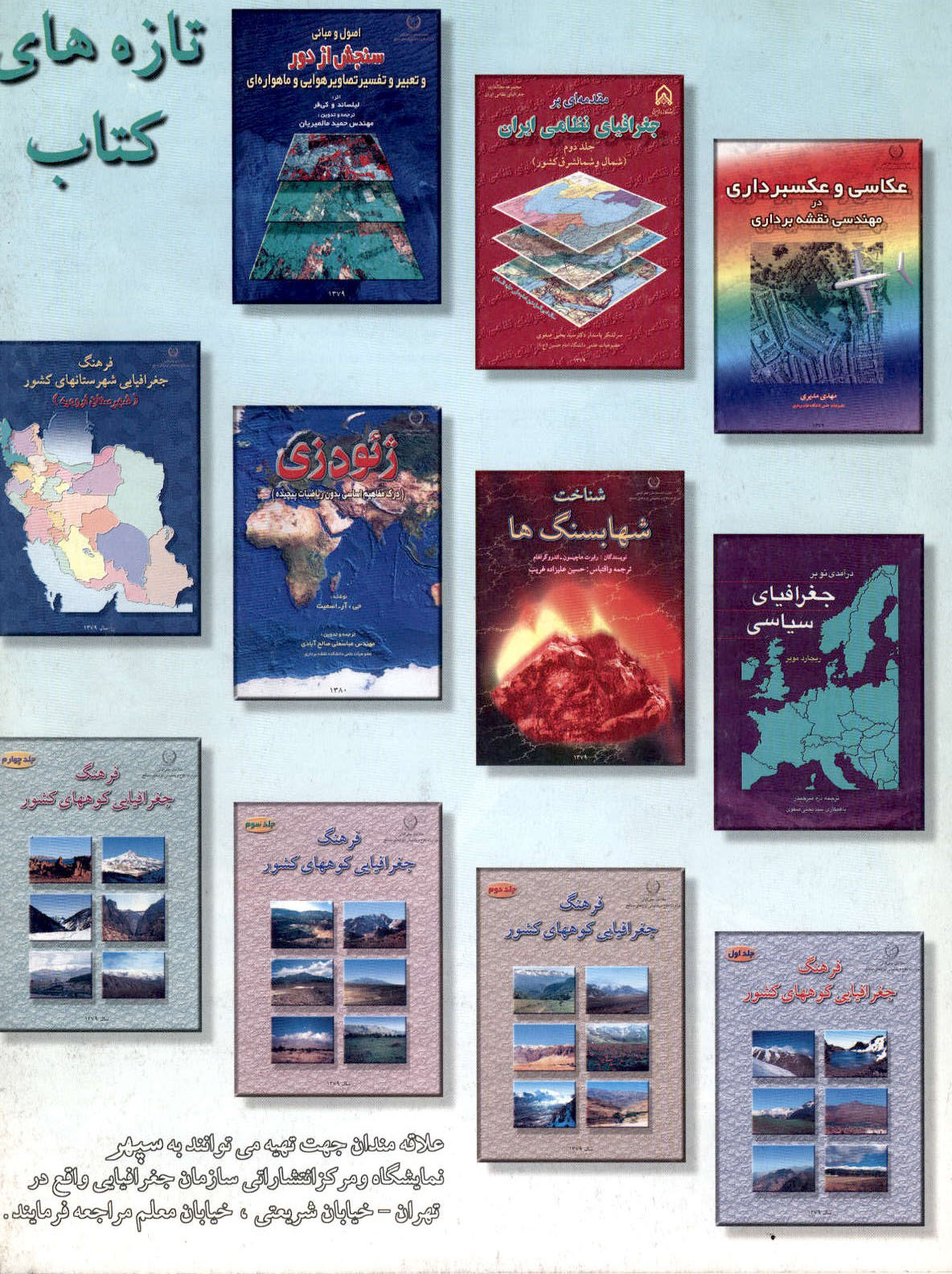Document Type : Research Paper
Author
Member of Faculty, Allameh Tabataba'ei University
Abstract
Ibn Khaldun explores the evolution of human society from the stages of primitive and nomadic life to the culmination of urban civilization. From his point of view, human civilization in different stages, from emergence to development and evolution, manifests itself in two distinct forms: nomadism and urbanization.
He attributes pure characteristics to these two types of community that may not be in full correspondence with reality. Therefore, as Max Weber considers transcendental types to be exaggerated abstractions related to reality, Ibn Khaldun examines nomadic and urban civilizations in light of the realities of his time and the history of the past.
In his opinion, the simple and primitive community improves his state of affairs through solidarity and group effort, and inclines toward cities to provide comfort and prosperity. The complex urban life, diversity of occupations and the multiplicity of tools and instruments for satisfying the luxury needs give a special distinction to urban society.

